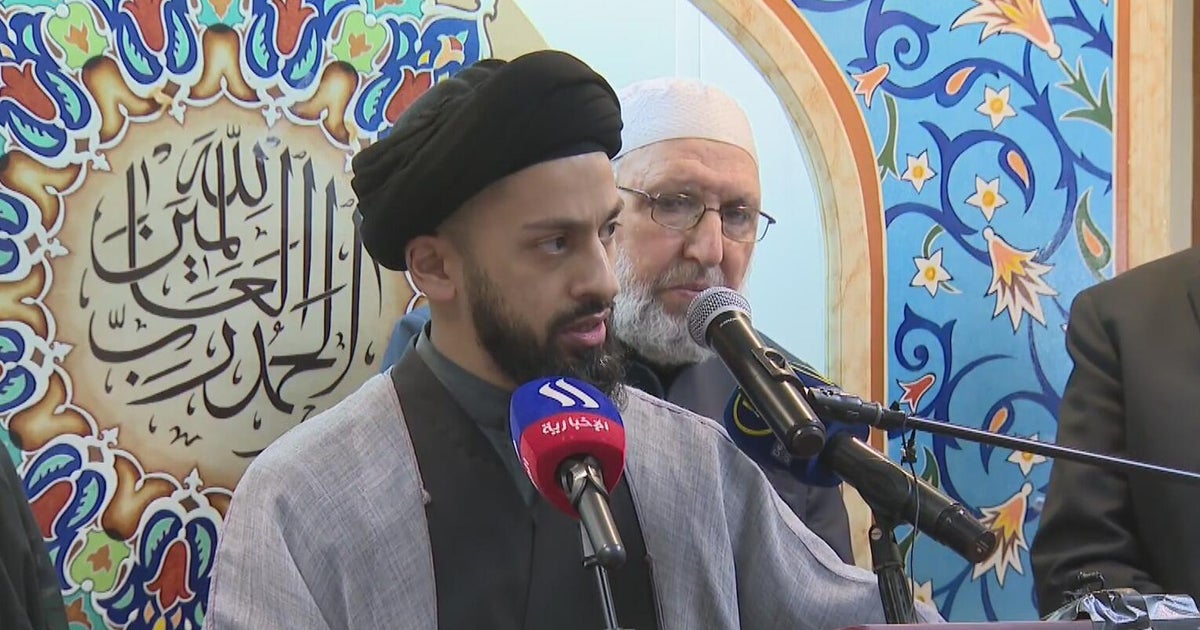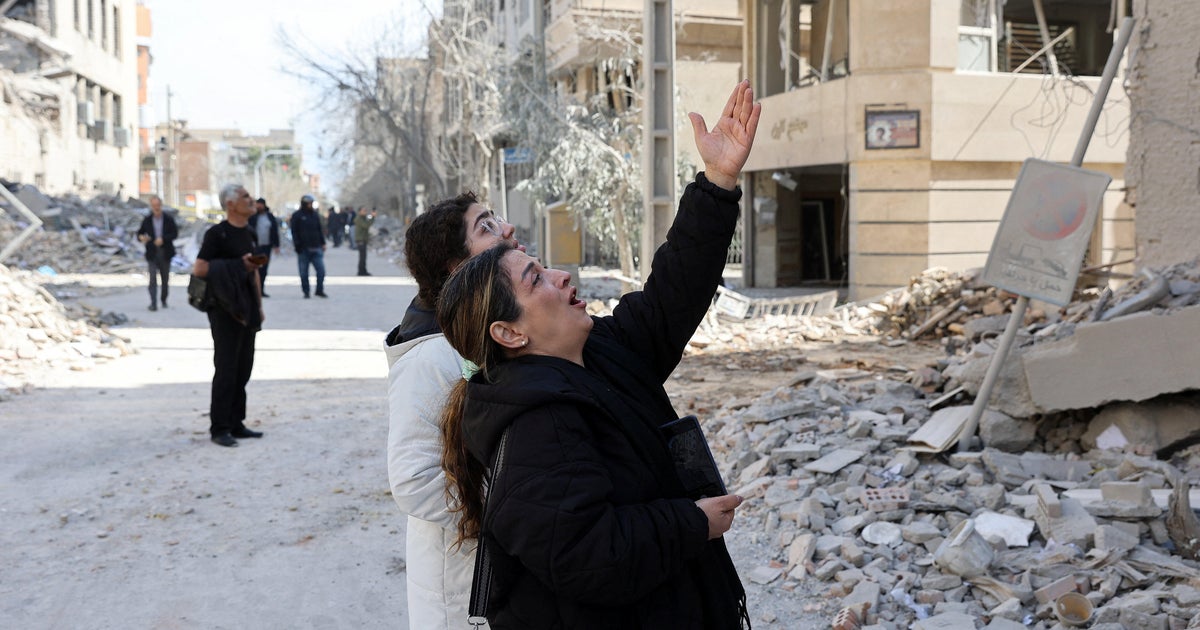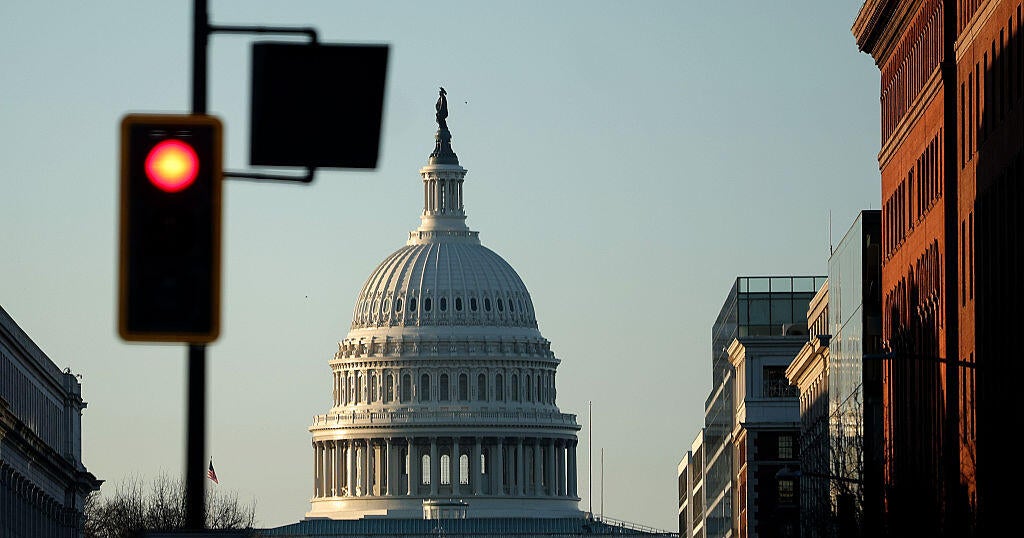U.S., allies draw up plans for high-stakes strike against Syria
WASHINGTON -- The president is getting closer to a decision on how the U.S. will respond to the apparent chemical weapons attack against civilians in Syria.
After meeting with senior military leaders, President Trump canceled a weekend trip to South America to remain at the White House as the U.S., Britain and France draw up plans for a high-stakes airstrike against Syria. A year ago, the U.S. launched cruise missiles in retaliation for Syria's use of chemical weapons. That strike was followed by an explicit warning from the secretary of defense not to do it again.
"I just want to say very clearly, that if they use chemical weapons, they are going to pay a very, very stiff price," said Secretary of Defense James Mattis.
In that last strike, 59 cruise missiles hit an airfield, but it was back in operation within days. Next time, says Ret. Navy Adm. Sandy Winnefeld, the targets are likely to be more valuable.
"Could be either Syrian Ministry of Defense headquarters or potentially an intelligence headquarters for Syria," Winnefeld said.
A strike could also be designed to send a message to the Syrian regime's two main backers: Russia and Iran.
"There are no doubt Iranian facilities inside Syria that could be vulnerable to attack," said Winnefeld.
That includes a warehouse at the Damascus airport where Iran flies in weapons. Russia has a major air base in Syria, but deliberate attacks against Russian facilities are unlikely for fear it could lead to a nuclear confrontation.
"It's entirely possible that Russian advisers could be present at sites that U.S. military and allied forces potentially strike," Winnefeld said.
More White House meetings are expected before any final decision is made. In the meantime, an international team of experts is traveling to Syria in an attempt to come up with blood or soil samples that would prove chemical weapons were once again used.





